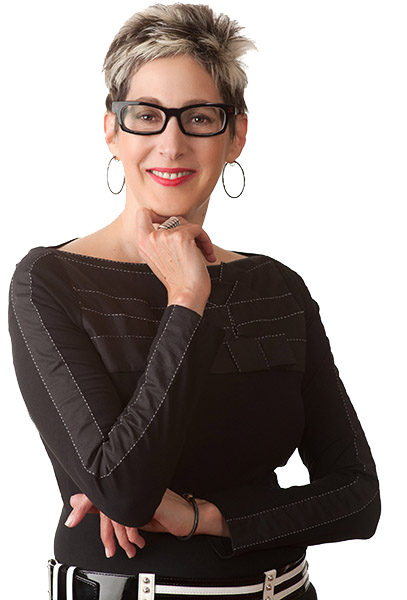My Own Transition Story
Just as with software, Version 1.0, while it works, is just the beginning. For some, Version 1.0 is well thought out. These are the lucky ones. My husband, for example, knew when he was a child that he wanted to be an engineer. And, he did just that. Even in high school, he was preparing to become an engineer. For him, later versions consisted of different types of engineering roles, mechanical, quality, and ultimately design. He is always learning, always updating to a new version.
Me on the other hand, I graduated high school at 16 because I was anxious to be on my own, except I had no idea what I wanted to do. I walked down the street and applied for a job at a local bank. Thus began my career in financial services, career Version 1.0. I eventually completed my undergraduate education, moved to Chicago, started Version 1.5 as an executive at Northern Trust, and completed my MBA at Kellogg.
After 18 years of Version 1.5, I looked in the mirror and said to myself, "you don't have kids to send to college; you don't have to make this much money. It's time to go and find something new."
While I wasn't able to name it at the time, this was the beginning of Version 2.0 and my consulting career. A few years later came Version 2.5 as a Leadership Coach and Peer Advisory Board Chair.
Today I am moving into 3.0, as I migrate from leading a fantastic CEO Peer Advisory Board in affiliation with Vistage International toward exclusively leading the You Pivot™ Program.
I mentioned to a friend recently that I am working with leaders in transition, and he asked me, "how does this work? Doesn't "in transition" mean unemployed? I was astonished by this comment, having never thought about transition as an ending; instead, for me, transition is a beginning. And, of course, transition is both. To have a beginning, we must also have an ending. Sometimes the ending is our choice, and sometimes it is thrust upon us. Either way, it's the ending that is often the hardest part.
Sometimes when people are ready for an ending and a change to a new version, they tell themselves a story of failure. "If I were more successful," they say, I wouldn't need a change." How then do we explain the professional singer I met recently, who is now a first-year medical resident?
We need language to talk about transitions, and this language needs to normalize the experience. We are living a long time. With these longer lives, we are likely to have many transitions in our lives and careers. Isn't it time we embraced transition as a normal part of life? And, more importantly, a positive force in our lives.
 Are you ready to create your tomorrow story and cut your time to action to six months or less? If your answer is yes, there is no better time than now to contact me.
Are you ready to create your tomorrow story and cut your time to action to six months or less? If your answer is yes, there is no better time than now to contact me.

Elisa K. Spain, Executive Life Coach & Creator, You PivotTM program

Are you ready to create your tomorrow story and cut your time to action to six months or less? If your answer is yes, there is no better time than now to contact me.

Elisa K. Spain, Executive Life Coach & Creator, You PivotTM program

 The initial results of my Pivot are excellent. I feel I have much greater clarity regarding the next 3-5 years..
The initial results of my Pivot are excellent. I feel I have much greater clarity regarding the next 3-5 years.. 